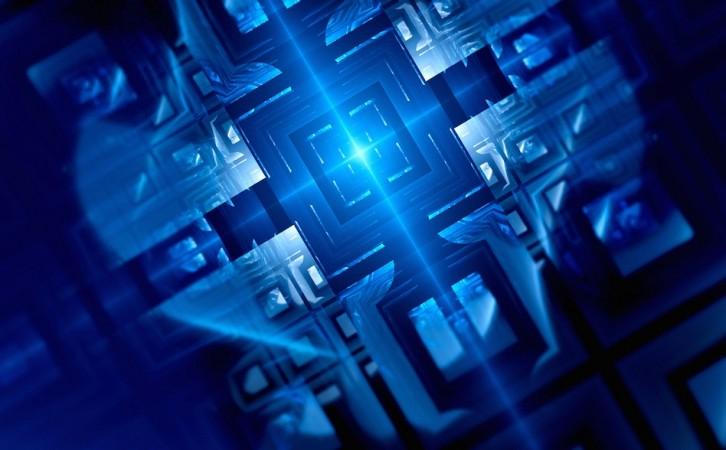
The Intelligence Advanced Research Projects Activity (IARPA), which is always on the move to solve difficult challenges relevant to the United States Intelligence Community, is now aiming to conquer quantum computing. The organisation has picked the University of Southern California (USC) to lead a high-profile consortium of universities and private companies to build quantum computers that are expected to outperform the best state-of-the-art classical computers with 10,000 times faster speed.
The consortium is tasked to design, build and test powerful 100-qubit quantum machines that could one day help scientists solve extremely difficult optimisation problems, including machine learning for image recognition. The IARPA project, which is expected to have continued success in days to come, is worth up to $45 million in funding.
The institutions that will be part of this five-year research initiative include MIT, Caltech, Harvard, UC Berkeley, University College London, University of Waterloo, Saarland University, Tokyo Institute of Technology, Lockheed Martin and Northrop Grumman.
In addition to designing and testing algorithms and new hardware, the consortium will develop the computational framework and design quantum annealers, specialized processors that power quantum optimisation. The researchers are expected to find ways to connect qubits, which are the basic units in quantum computing, and the couplers that attach the qubits to one another.
The consortium will try to design couplers that will have multiple qubits, making it possible for various configurations to enable faster calculations. If successful, the efforts will ultimately lead to the formation of quantum annealers that will allow for "high coherence" time so that qubits behave in quantum fashion for long periods of time.
Traditional computers store information in binary bits whose value can be either 1 or 0. Quantum computing, on the other hand, exploits the ability of photons to exist in multiple states at any time, allowing them to store much more information than just 1 or 0. It's the way these tiny particles behave that allows quantum computing perform operations more quickly while using less energy than traditional computers.









!['Had denied Housefull franchise as they wanted me to wear a bikini': Tia Bajpai on turning down bold scripts [Exclusive]](https://data1.ibtimes.co.in/en/full/806605/had-denied-housefull-franchise-they-wanted-me-wear-bikini-tia-bajpai-turning-down-bold.png?w=220&h=138)



